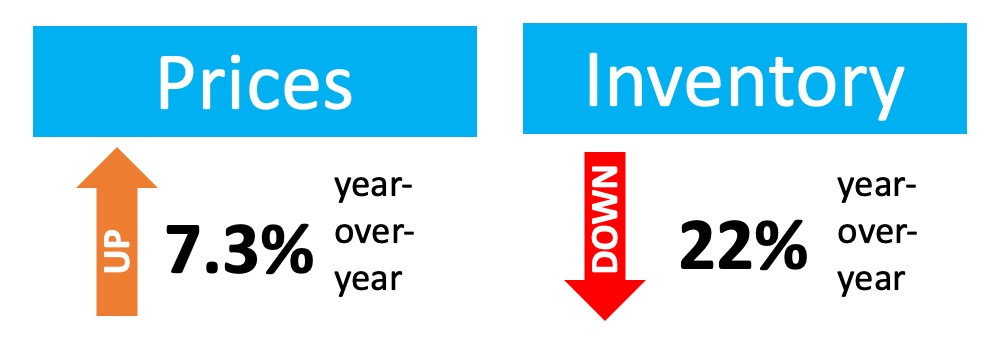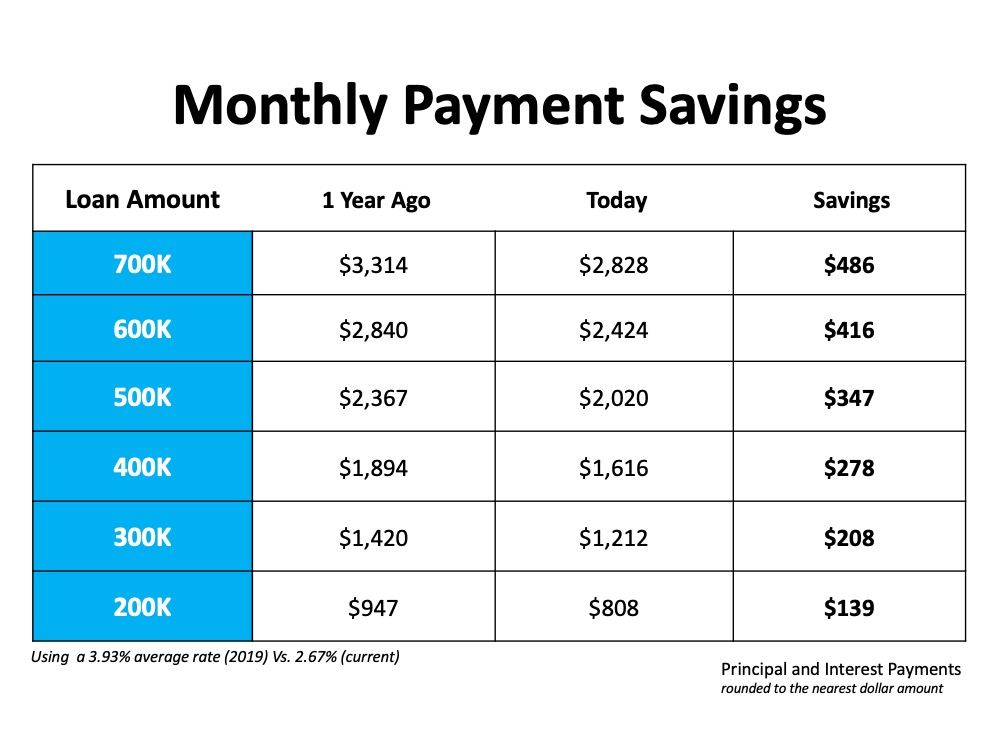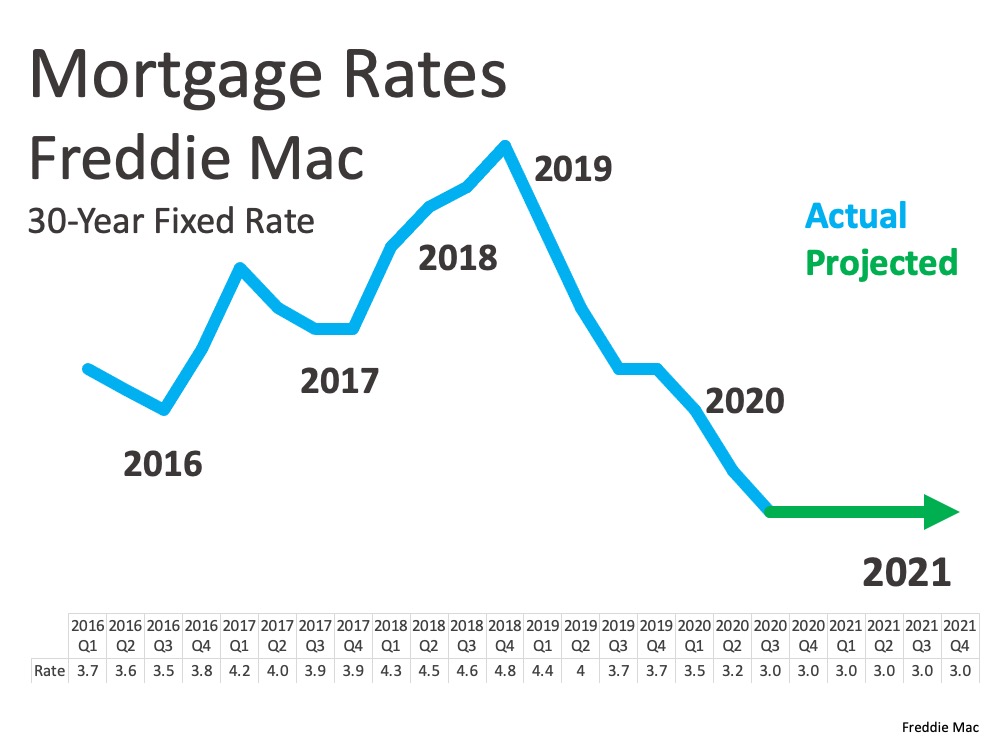
We talk a lot about why it makes financial sense to buy a home, but more often than not, we’re drawn to the emotional reasons for homeownership.
No matter the living space, the feeling of a home means different things to different people. Whether it’s a certain scent or a favorite chair, the feel-good connections to our own homes are typically more important to us than the financial ones. Here are some of the reasons why.
1. Owning your home is an accomplishment worth celebrating
You’ve likely worked very hard to achieve this dream, and whether it’s your first home or your fifth, congratulations are in order for this milestone. You’ve earned it.
2. There’s no place like home
Owning your own home offers not only safety and security but also a comfortable place where you can simply relax and kick-back after a long day. Sometimes, that’s just what we need to feel recharged and truly content.
3. You can find more space to meet your needs
Whether you want more room in your home for your changing lifestyle (think: working from home, virtual school, or a personal gym), or you simply prefer to have a large backyard for socially-distant entertaining, you can invest in a location that truly works for your evolving needs.
4. You have control over renovations, updates, and your style
Looking to try one of those complicated wall treatments you saw on Pinterest? Tired of paying an additional pet deposit for your apartment building? Maybe you want to finally adopt that fur-baby puppy or kitten you’ve been hoping for. You can do all of these things in your own home.
Bottom Line
Whether you’re a first-time homebuyer or a move-up buyer who wants to start a new chapter in your life, now is a great time to reflect on the intangible factors that turn a house into a happy home.


 Facebook
Facebook
 X
X
 Pinterest
Pinterest
 Copy Link
Copy Link










![2021 Housing Forecast [INFOGRAPHIC] | MyKCM](http://homefinderatx.com/files/2020/12/20201218-MEM-1046x2213-2.png)
![2021 Housing Forecast [INFOGRAPHIC] | MyKCM](https://files.mykcm.com/2020/12/17164522/20201218-MEM-1046x2213.png)







![Winning as a Buyer in a Sellers’ Market [INFOGRAPHIC] | MyKCM](http://homefinderatx.com/files/2020/12/20201211-MEM-1046x2448-2.png)
![Winning as a Buyer in a Sellers’ Market [INFOGRAPHIC] | MyKCM](https://files.mykcm.com/2020/12/08151044/20201211-MEM-1046x2448.png)